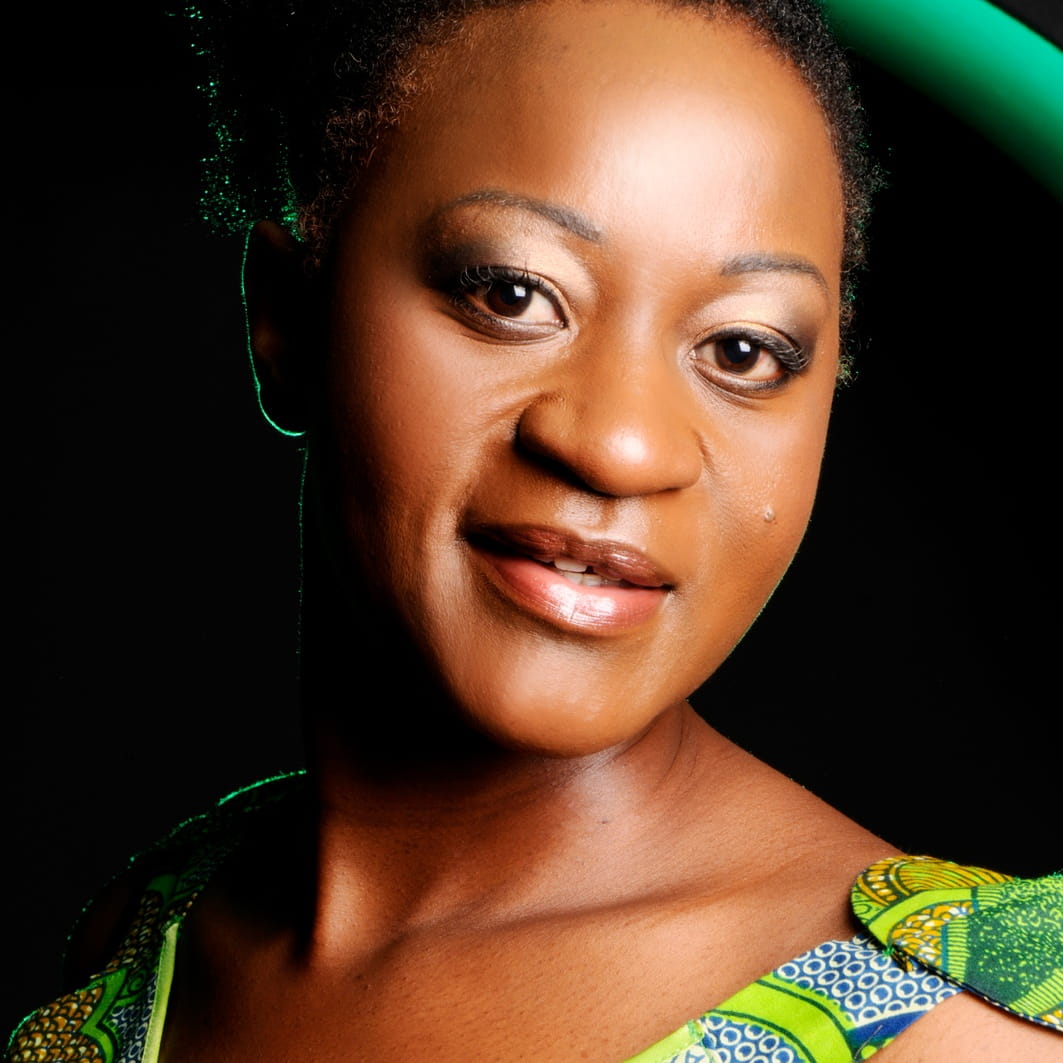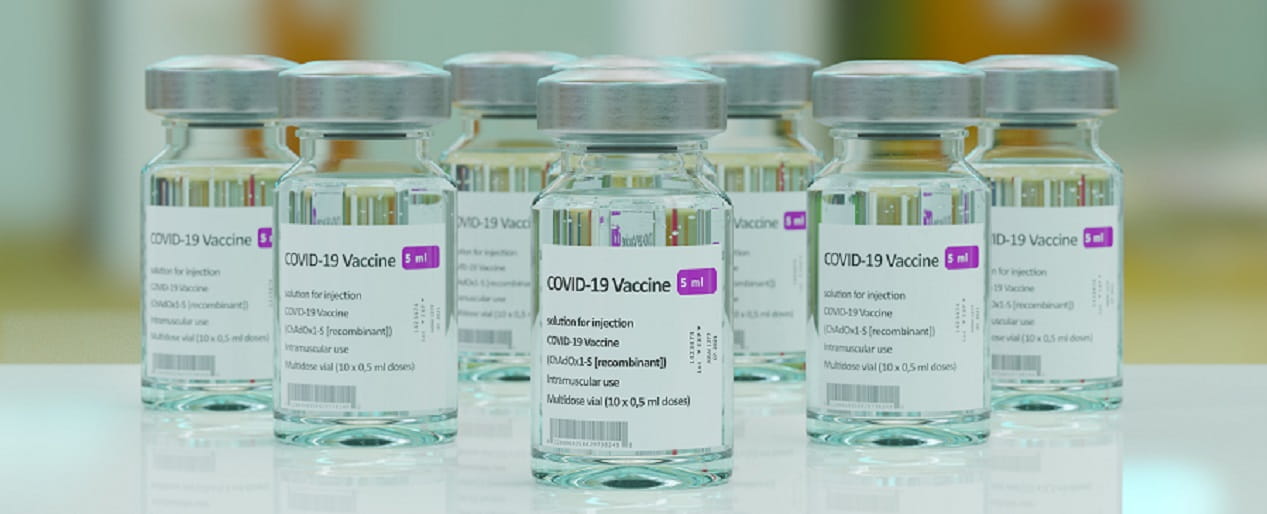Improving access to justice in Kenya: Q&A with Enricah Dulo

Essex alumna Enricah Dulo was recently named as one of ten founding members of the African Access To Justice (AA2J) Women’s Network. Stephen Matthews, from our Communications Team, caught up with her to hear about her work supporting poor women and children caught up in the Kenyan criminal justice system, her reflections on her time at Essex and its influence on her subsequent career path.
Enricah Dulo (LLM International Human Rights Law, 2009) is a Kenyan advocate, specialising in family law.
She had already completed an undergraduate degree in India and been admitted to the Kenyan Bar before arriving at Essex.
“I had made up my mind that I wanted to go for further studies in human rights, but I hadn't narrowed it down to where.
“It happened that in April and May 2004, I was visiting Tokyo, as a fellow at the United Nations University. Two of the professors had links with Essex: Professor Michael Freeman and Professor Lyal Sunga.
“I explained my situation and Professor Freeman told me that all the universities I was looking at were good, but Essex would give me an all-round experience. The Human Rights Centre is huge; the student community is huge; and the programme is more established than in any other university in Europe. The teaching staff are composed of both academics and practitioners.
“So I just said, ‘That's it, I'm going. I'm going to Essex.’”

Now in legal practice, Enricah previously worked for civil society groups, focused on children’s and women’s rights and on raising female participation in Kenya’s democracy.
Her one-year Fellowship with the AA2J Network starts this summer.
This Fellowship must feel like great recognition for your work. How did you find out you had been successful?
“Well… (laughs) I'd just gotten married, and we'd decided to take a trip, my husband and I.
“I remember saying to my husband, ‘The deadline has passed, they’ve not made an announcement.’ I thought that was it.
“We were coming to the end of our trip and I could see that I’d missed a call from Geneva. I had a message saying they wanted to speak to me. We were on our way back to Nairobi, so I replied saying, ‘Would you mind if I get home and freshen up first?’
“I logged in to the video call and the first thing they said to me was ‘Congratulations!’
“I totally did not see it coming. I know the competition was very stiff!”
The Network is being established by International Bridges to Justice (IBJ). What can you tell us about that organisation?
“IBJ is an organisation whose mission is to provide access to fair trial to the indigent - the poor and needy.
“The idea is to bring together a network of women lawyers so that if poor people are arrested - and we’re focusing particularly on women and children - they are not also doubly-victimised because they're poor and therefore not able to access legal representation or the right to a fair trial."
Why is it important to offer access to justice to those women?
“When they're incarcerated in prison, or on remand awaiting trial, women are at risk of violence.
“There have been allegations of sexual assault, but also physical violence.
“We need to hold the police accountable. When someone has been arrested, whether they are guilty or not, we shouldn't take away their human dignity. We need to treat them with respect. We need to afford them their rights.
“If such incidents happen, people might make noise, but unless an organisation that is providing pro bono legal aid picks it up, or an advocate picks it up, it will just be a story in the paper and after a few days, it will die.
“And if the perpetrator was a police officer, they will get away with it.”
As things stand, what support are these women able to access?
“In Kenya, we have a national legal aid programme, but we're not able to provide legal aid to everybody, due to funding.
“As part of my application for the Fellowship, I had to say where I would provide legal representation.
“There is a small court in Nairobi, the City Court, that not many advocates are aware of.
“A lot of the women who come before that court are street hawkers. Some might also have legitimate stalls, but for one reason or another – the reasons are mainly economic - they have not been able to renew the licenses they need.
“Other women will get arrested for soliciting.”
You mentioned the need to focus on the poor and needy. What sort of lives do these women lead?
“In Nairobi, there are designated markets and the city centre has designated stalls, but the women we’re talking about can’t afford these stalls.
“The rent be something like £200 a month. These women might be single parents, or just starting out - they don’t have that sort of money. Also, if you rent a stall, then you also have to get the correct licenses, which cost more money. So, they prefer to hawk. They come into Nairobi in the evening with their children strapped on their backs and they sell fruit and vegetables on the street.
“Some of the offences they are charged with are petty, but the issue is that when you’re arrested, you’re fingerprinted. In Kenya, when you’re fingerprinted, the record is permanent and the records don’t get expunged. So being fingerprinted for an offence will also hinder you should you one day want to apply for loan, or a job where it matters that you don’t have a history of criminal record."
How will having legal representation help these women?
“These women don't have anybody to stand up for them.
“With legal representation, I think they will have the opportunity of a fair trial and, where they are not convicted, their lawyer will be able to inform the court that, because they've not been convicted, a further order should be issued that that record of fingerprinting should be expunged from police records."
What kind of sentence do they face, if convicted?
“I don't think it goes beyond three months. Normally, there would be the option of a fine. If they can, they will pay the fine, but then be back on the streets the next day."
For people already in poverty, a fine isn’t great.
“No, and inflation is very high here, life is becoming very expensive, and the government is heavily indebted, so it has very little money to create jobs. As a result, there's a huge amount of informal employment."
Is there also a concern about seeing people who are already economically-marginalised drawn into the criminal justice system?
“Yes. We’re talking about a mother with a small baby strapped on her back. The baby is strapped on her back because she can't afford help, someone to look after the child.
“Sometimes it's raining. There have also been riots, though not so much recently.
“She's spreading her wares out on the street to sell, but she has to keep one eye on her wares and one eye out for the law enforcement officers.
“Every evening, it's a cat and mouse game with the enforcement officers.
“Whatever they're doing, they're being criminalised for being poor.
“It’s unfortunate because the law enforcement officer is an agent of the State. And who should be tackling poverty? It's the same State or government that sends its law enforcement officers to harass street hawkers, women who are trying to earn an honest living for themselves and their families.”
It’s a little over ten years since you completed your Masters at Essex. If you were to meet a young person in Kenya and they said, ’I am keen to work in human rights, I am thinking of going to Essex,’ what would you say?
“I would say, ‘Yes!!!’ I would tell them, ‘You should run very fast.’” (laughs)
Why?
“Well, one, the LLM at Essex is interdisciplinary.
“Two, a lot of people within the field of human rights have a history connecting them to Essex. They either obtained their MA or LLM at Essex or they went to another university but their professor had been at Essex.
“Three, a lot of the professors at Essex are practitioners. So, they are not only academicians but they practice - and you realise practice is often very different from what is in the textbook. Even if the text of a treaty or convention is very clear - the state has this or that obligation - because the professor is a practitioner too, they can tell you that when they sit on a roundtable with a particular government, their representative will ask you, ‘What's in it for our country? If this matters to your country so much as to you, what are you going to give us?’
“Being taught by practitioners gives you a very, very good and solid background because you understand that what’s in the text and what happens in practice can be quite different.”

